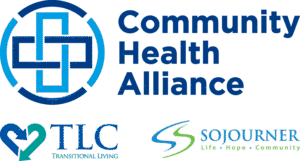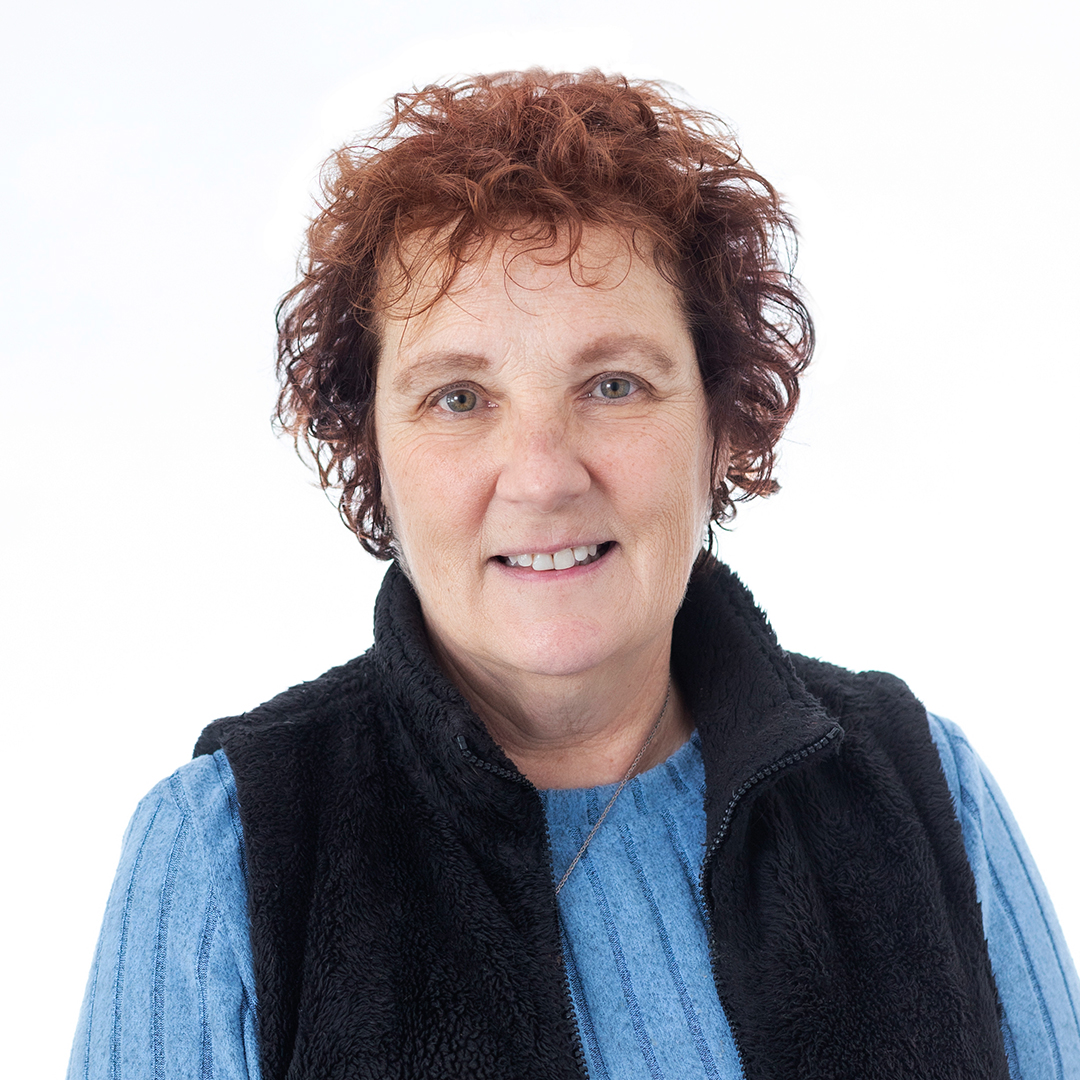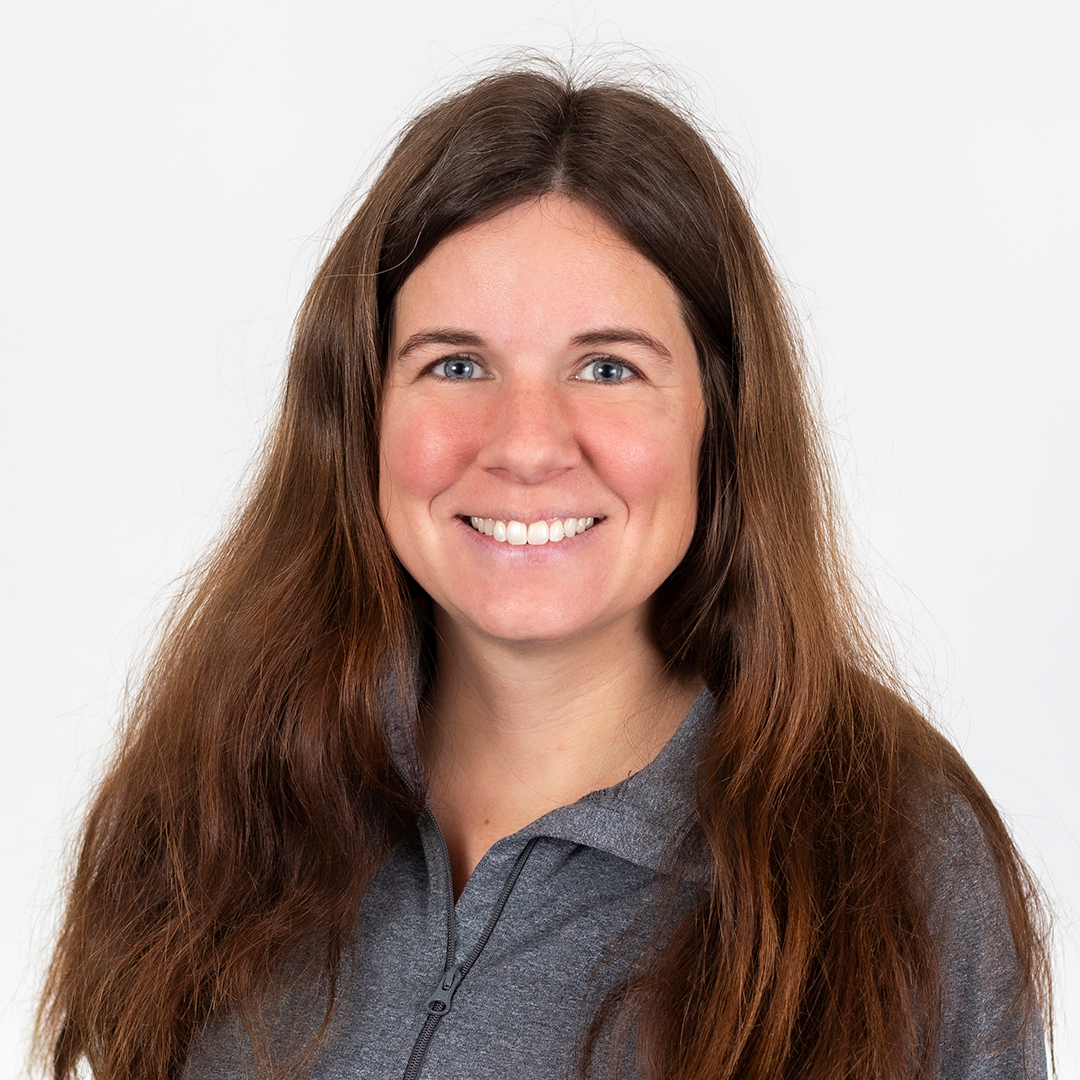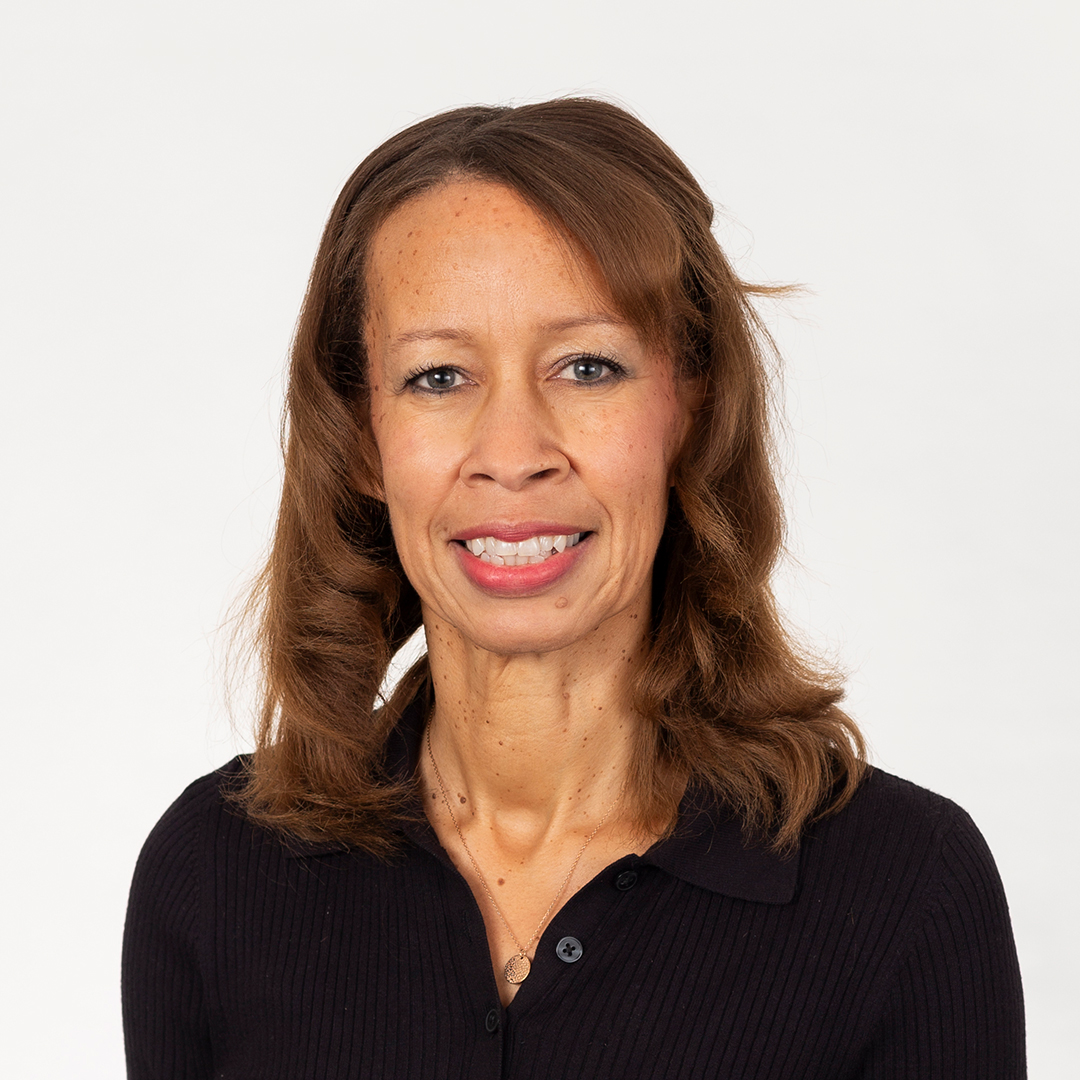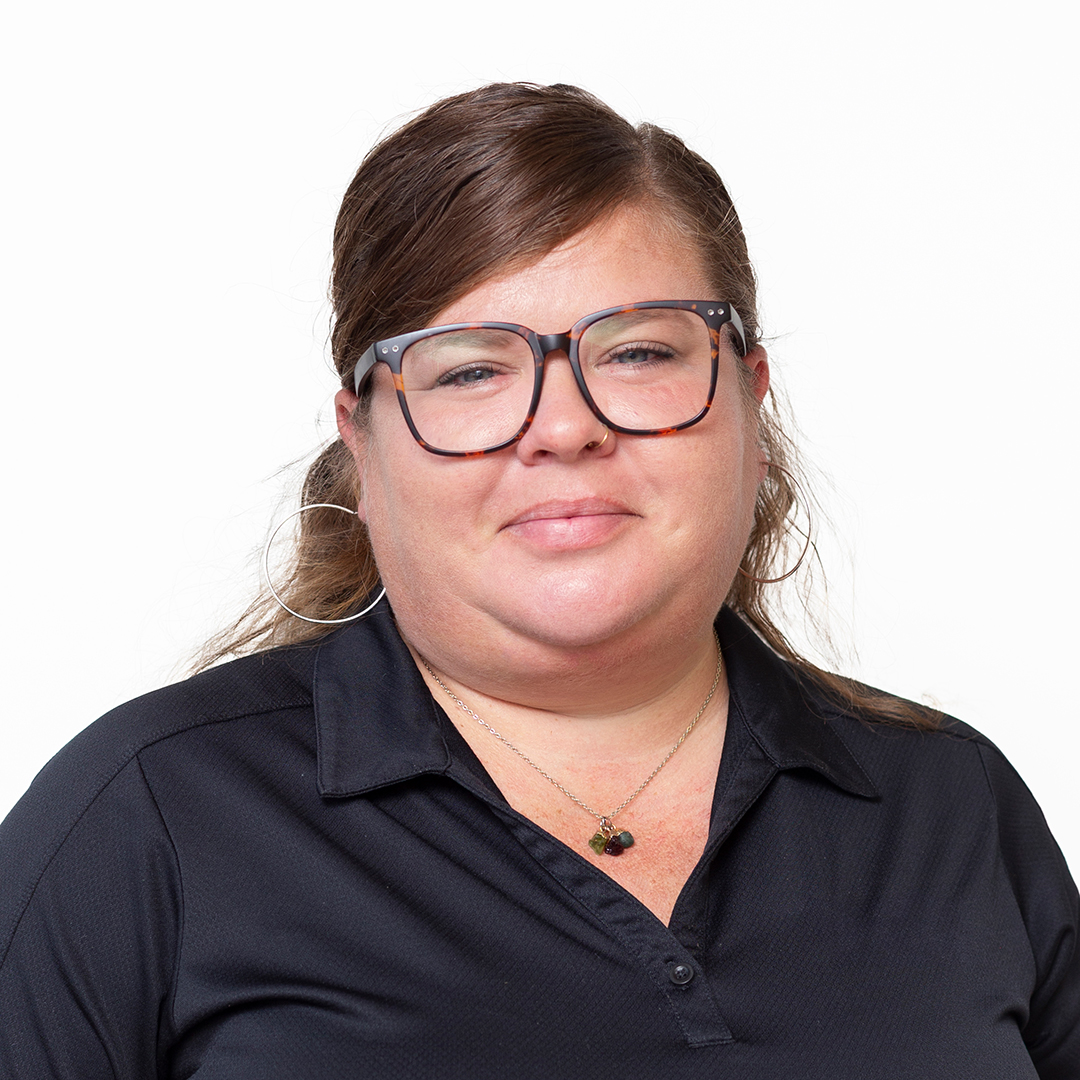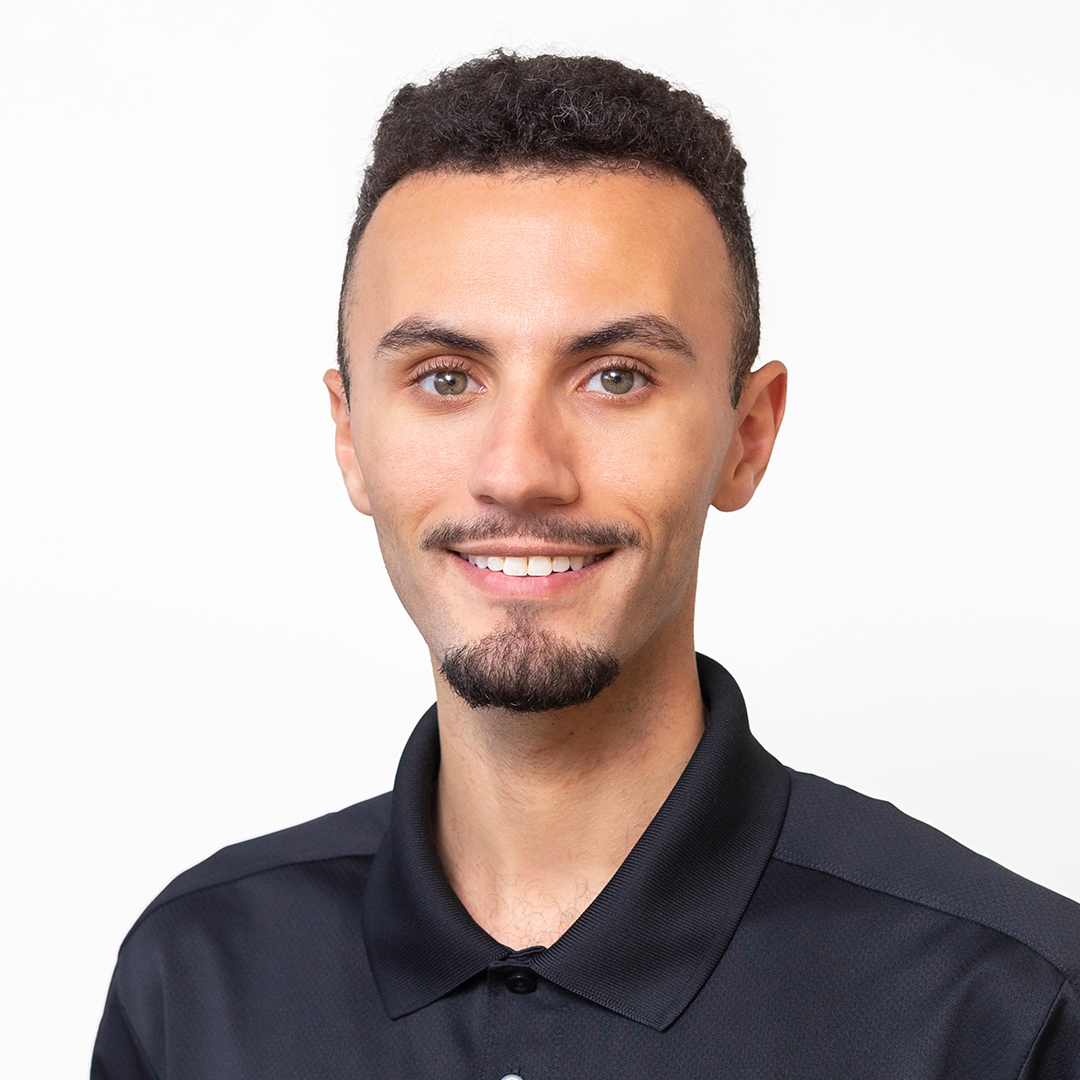Community Health and Outreach
At Community Health Alliance, our outreach teams work across neighborhoods, shelters, jails, schools, and sidewalks to build trust and connect individuals with services that support mental health, recovery, housing, employment, and hope.
Our community-based outreach teams provide a wide range of support, including jail re-entry coordination, court support, crisis follow-up, and employment services. Whether someone is experiencing homelessness, leaving incarceration, facing a mental health crisis, or just unsure where to turn, we walk alongside them on their path forward.
We also work closely with peer supporters, clinical teams, housing providers, and employment specialists to ensure individuals receive care that starts with human connection and leads to meaningful opportunities.
Our community-based outreach teams provide outreach services, including jail re-entry coordination, court support, and crisis follow-up. Whether someone is experiencing homelessness, leaving incarceration, facing a mental health crisis, or just unsure where to turn.
Our outreach teams also work closely with peer supporters, clinical teams, and housing providers to ensure individuals receive care that starts with human connection.
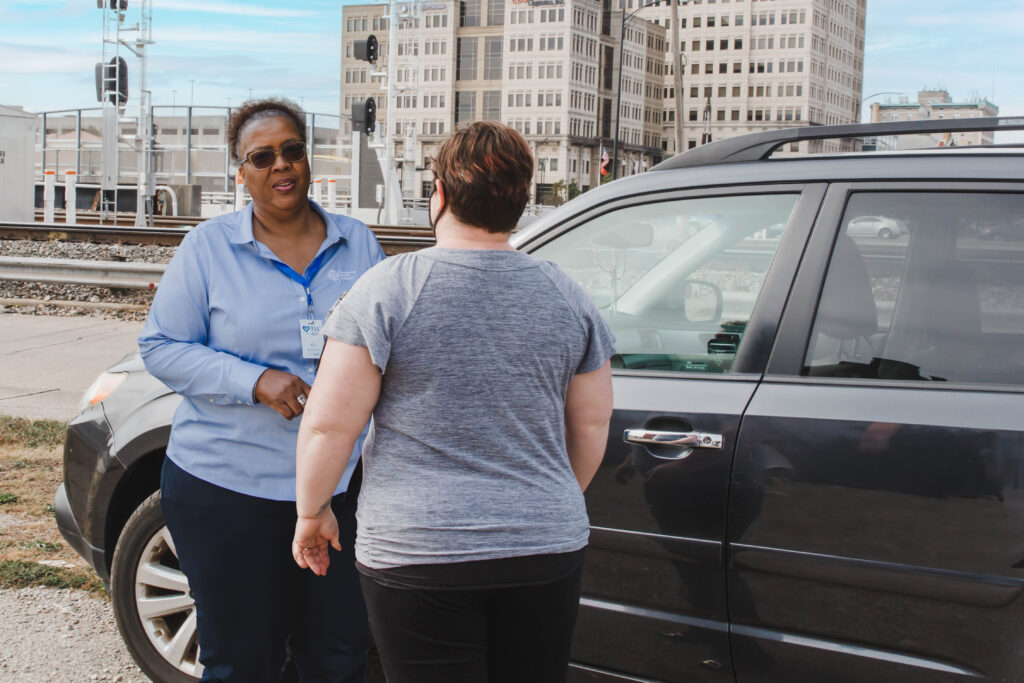
What It Can Look Like
PATH Outreach for Homelessness & Mental Health
Our PATH (Projects for Assistance in Transition from Homelessness) team visit parks, shelters, and encampments to engage individuals who may be living outdoors or in unstable housing. Oftentimes serving individuals with serious mental illness and/or substance use concerns, our team members offer compassionate, non-judgmental support in Butler and Clinton Counties – building relationships, offering immediate support, and connecting people to treatment, shelter, and long-term care.
Jail-Based Mental Health & Reentry Services
Working inside the Butler County Jail, TLC Forensic Team provides crisis response, mental health screening, and discharge planning for individuals preparing to return to the community.
Court Services & Legal Navigation
Our court services teams work with individuals involved with various court dockets—helping them meet requirements while supporting their health and wellbeing.
Crisis Navigation & 988 Hotline Support
Our hotline team responds to crises, provides follow-up after 988 calls, and helps individuals move from crisis to connection—linking them with therapy, medical care, or housing. The 988 Crisis Hotline region serves Butler, Clinton, Montgomery, Preble, and Warren counties.
Perinatal Prevention & Parenting Support
Sojourner Perinatal Prevention Specialists engage with women of childbearing age and parents to provide education, substance use prevention, and access to services—before, during, and after pregnancy.
School-Based Education & Youth Prevention
We offer interactive education in local schools to help youth understand the risks of substance use, support mental health, and make informed decisions.
Employment Success Program (ESP)
For individuals on public assistance or low-income families, we offer a program that provides meaningful work experience, job readiness training, and/or job specific skill building services.
Click here for more information.
Event & Community-Based Outreach
Our staff participate in community events, health fairs, and pop-up resource drives—offering information, resources, and often, a first step toward care.
We're here if you need us.
Our Providers Can Help With
Rebuilding a new path
If someone is returning from incarceration or trying to meet court expectations while struggling with mental health or addiction, we help them build a plan, stay on track, and get support—not punishment.
Leaving Jail or Facing Court Requirements
When someone is overwhelmed, afraid, or unsure how to cope, we offer more than a conversation—we provide in-person follow-up, connection to care, and real next steps.
Pregnancy & Substance Use Concerns
If someone shares that they’re pregnant and using—or scared about their health—we respond without judgment. Outreach teams link individuals to perinatal prevention, prenatal care, MAT, and programs like MAMAS.
Feeling Overwhelmed by Systems or Paperwork
If someone says, “I don’t know where to start,” we simplify the path. Outreach staff help with IDs, Medicaid, food assistance, and referrals to case managers or clinics who can take it from there.
Facing School or Youth-Related Risk Factors
If a young person is using, struggling at school, or showing early signs of mental health concerns, we work with families, schools, and care providers to intervene early.
Needing Help Without Asking for It First
Sometimes people won’t call a clinic—but they’ll talk to someone at a park, in jail, or at an outreach table. We listen first, offer resources second, and guide gently toward care when someone is ready.
Community Health and Outreach Providers
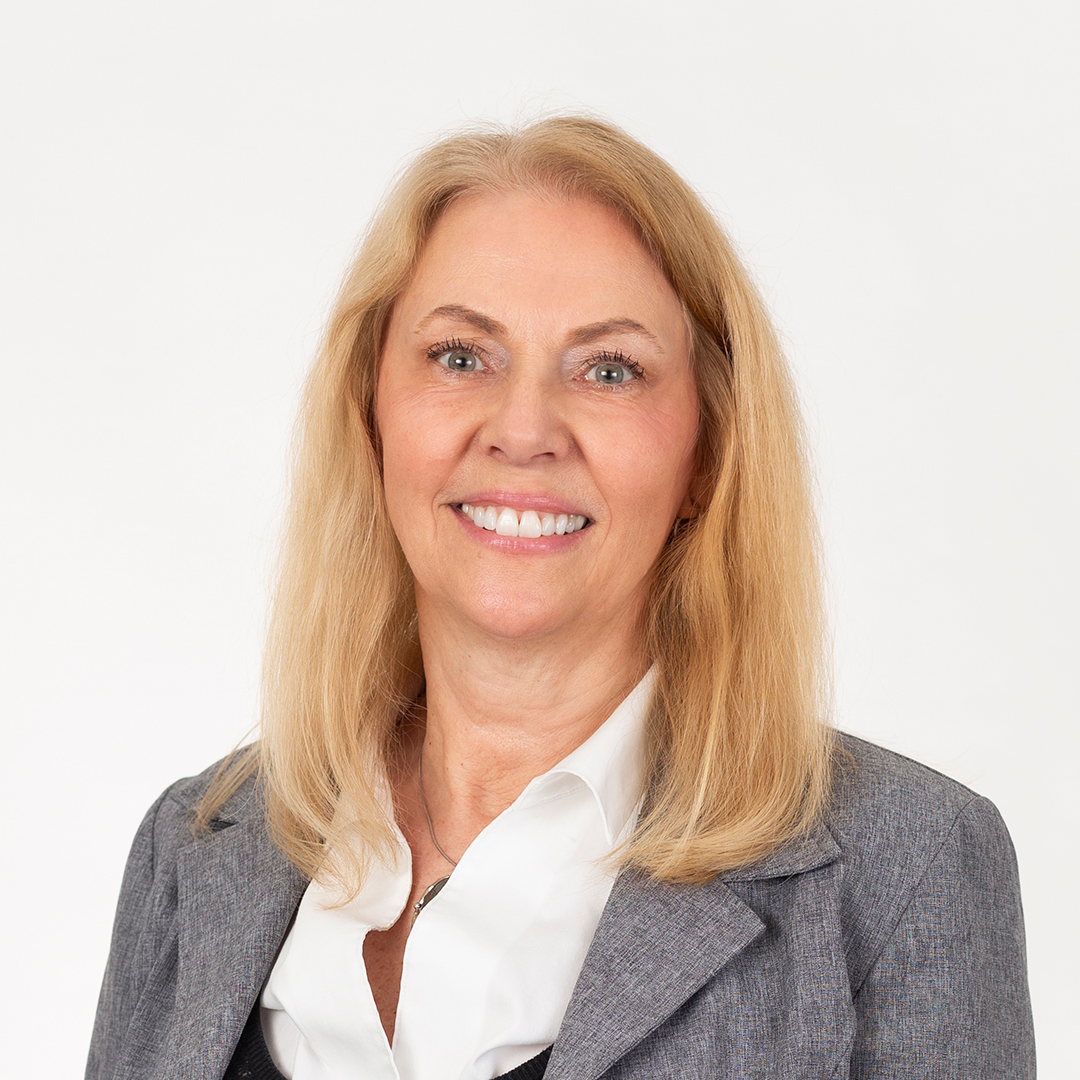
Dawn Kelley-Miller, CDCA
Manager of Court Services | Sojourner Recovery Services

Elise Powers, LCDCII, SWA
Manager of Outreach and Admissions
Sojourner Recovery Services
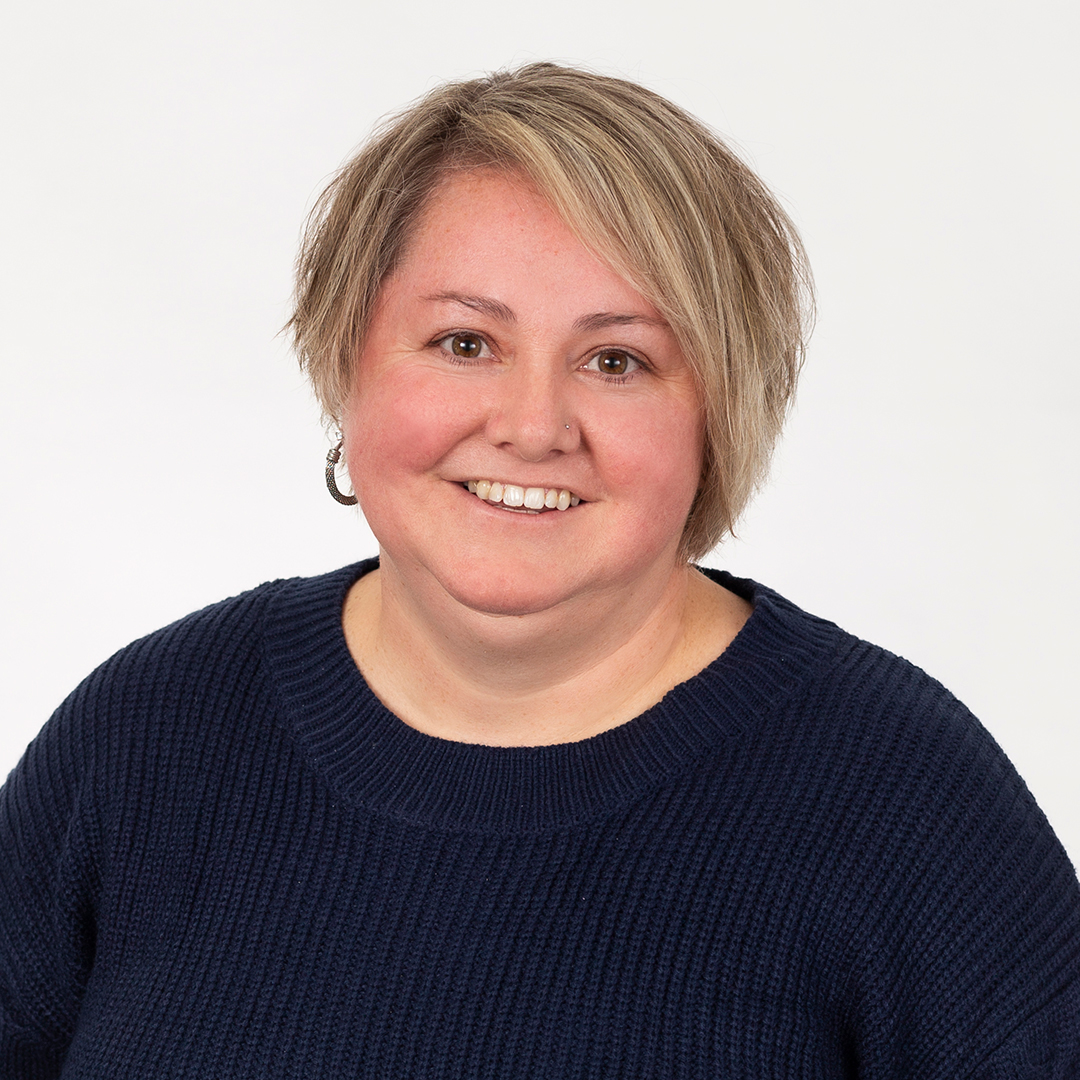
Natasha Schreiber, LISW-S
Clinical Director | Transitional Living (TLC)
